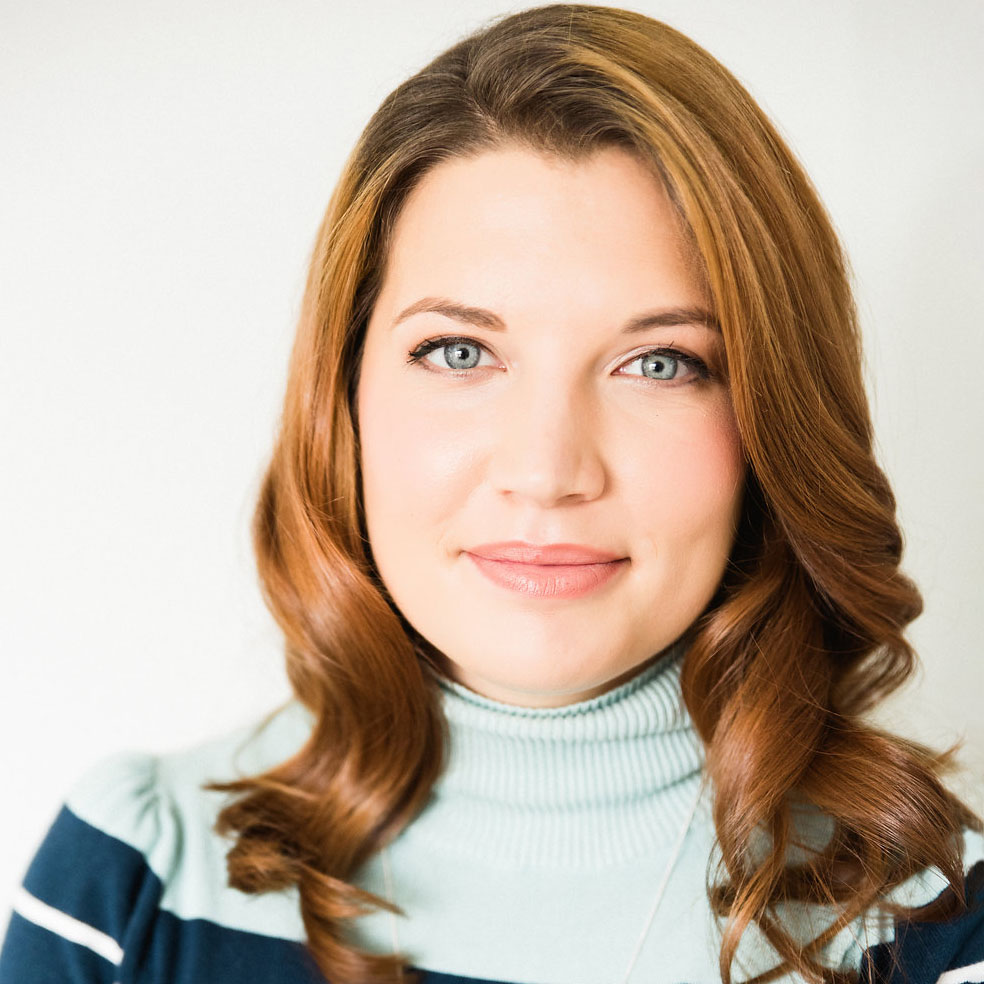 “From my friends, family, and social media…everyone seems to be talking about setting boundaries and stepping away from people or conversations. I want to feel healthier, but I don’t want to lose the people close to me or lose time with them. How can I have both?“
“From my friends, family, and social media…everyone seems to be talking about setting boundaries and stepping away from people or conversations. I want to feel healthier, but I don’t want to lose the people close to me or lose time with them. How can I have both?“
We are so glad to know you are caring about your relationships, and it is true that more people are talking about boundaries than ever! As therapists, it is fantastic to hear that more people are standing up for themselves and trying to create positive change in their lives. Unfortunately, misinformation or unhelpful advice about setting boundaries can lead many to feel stuck choosing between their needs and their relationships. Thankfully, this does not have to be the case!
Let’s start with a definition. What even are boundaries? Of course there are many definitions to use, but one helpful way to think of a boundary is a standard or structure that supports a relationship, and allows the connection to be sustainable. Without boundaries, we might burn out, accidentally hurt each other, or not recognize each other’s needs. Boundaries can be something you do on your own (“I will point out misinformation when I hear it so I can live my values in this relationship”) or something you decide on together (“We will try to save tough conversations for times when we are rested and not hungry or preoccupied so that we can respond to each other well”). This is different from a demand that you would put on another person (“You can’t call me after 10:30pm because I am too tired”). Both boundaries and demands have a time and place, and it can be helpful to remember that we can only truly control our own behavior.
Boundaries come in many forms. The most common form you might hear about on social media is sometimes called a “cutoff,” in which you respond to a situation by stopping your interaction with the other person (“When you keep unfairly blaming me, I will hang up the phone” or “I won’t help with this project anymore if you criticize me during it”). This is a useful type of boundary, especially when someone cannot act safely or respectfully. But it is not useful for every situation. Cutoff boundaries can create more distance than you intend in the relationship, and they do not change how things go when you come back together. For times that a cutoff does not create the change you want, you have more boundary setting choices!
If we instead think about how we want situations to go differently, we have a world of options of boundaries to set. You might change your own response to the other person (“When you fall back into criticizing me, I will voice my hurt feelings to give you a chance to apologize and try again”). You might invite the other person to respond differently alongside you (“If we notice that we are getting stuck in the same debates that exhaust us, one of us can point it out and we can take a moment to look up answers together instead”). You might even change the situation itself (“Trying to figure out this project on our own has put a lot of strain on our relationship. I need us to ask for more help before we keep trying so we can keep getting along.”)
Learning a new way of setting boundaries can be scary and difficult, and it is natural for it to come with conflict and discomfort. Many of us were modeled unhealthy and unhelpful boundary setting in our families of origin, or in the media. Whether you have had unhelpful examples, if harsh memories get in your way, or if boundary setting is just plain new to you — you should not have to learn and practice boundary setting alone. Both individual and family therapy can create space for you to think creatively, build courage, and try new skills. Whenever you are ready, we are here to help!
Want to learn more about the power of therapy to transform your relationships? Contact Capital Crescent Collective today to schedule a consultation.
 This post was written by Anna White, an experienced, neurodiversity-affirming independent therapist at Capital Crescent Collective in Bethesda, MD.
This post was written by Anna White, an experienced, neurodiversity-affirming independent therapist at Capital Crescent Collective in Bethesda, MD.
